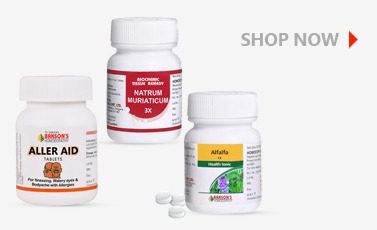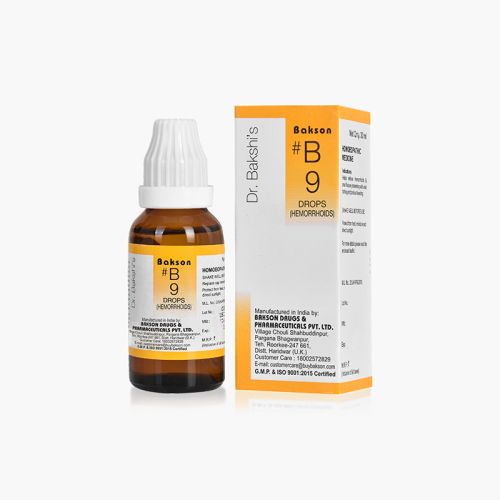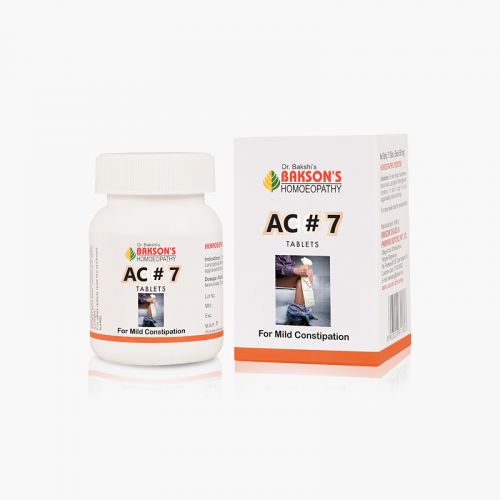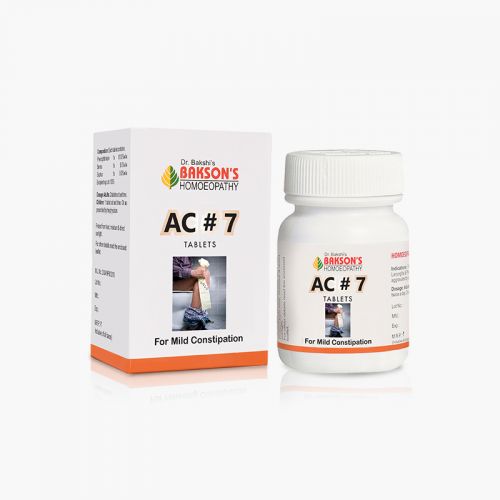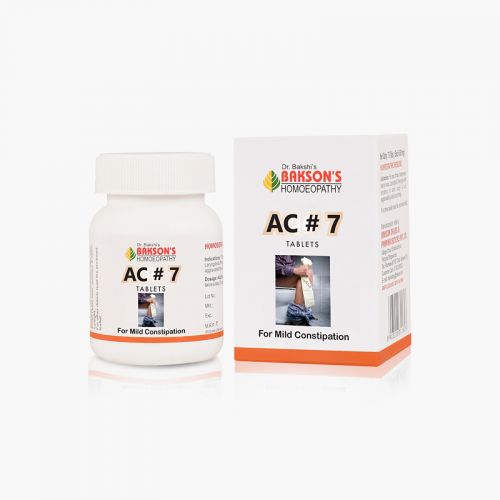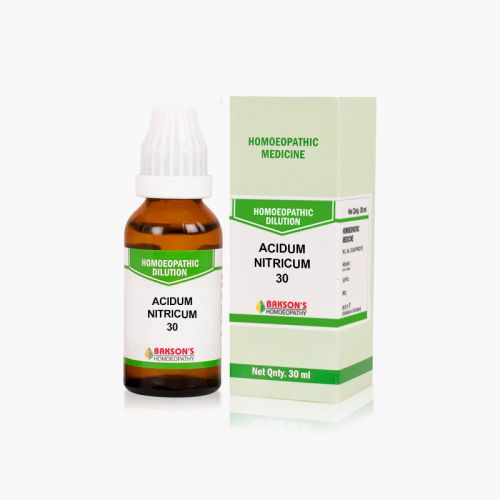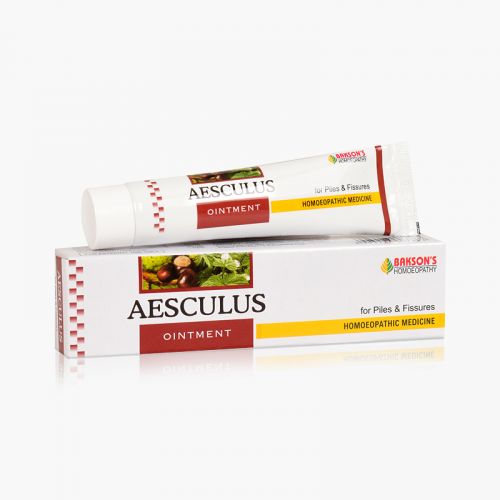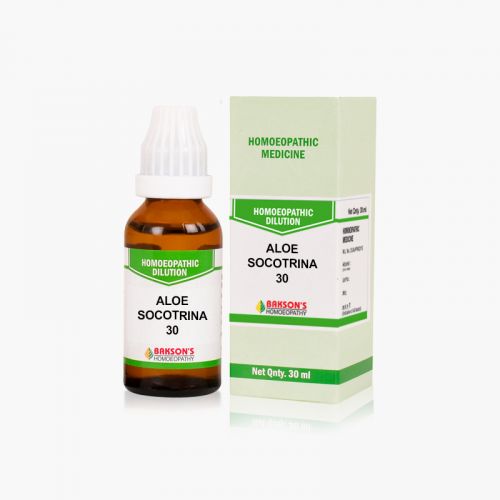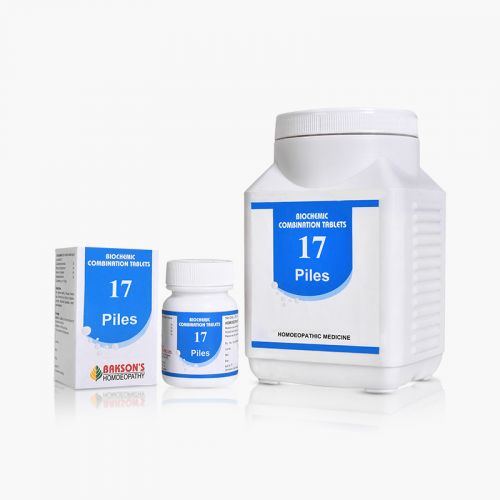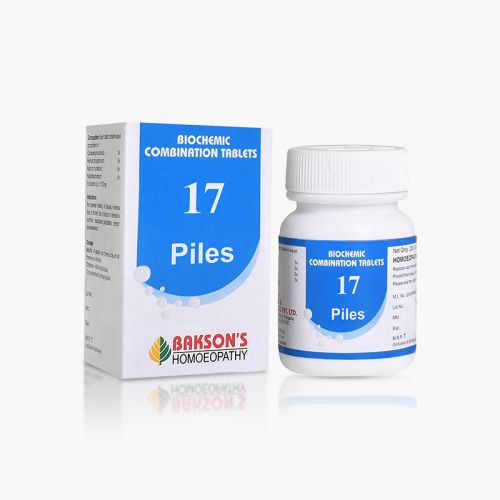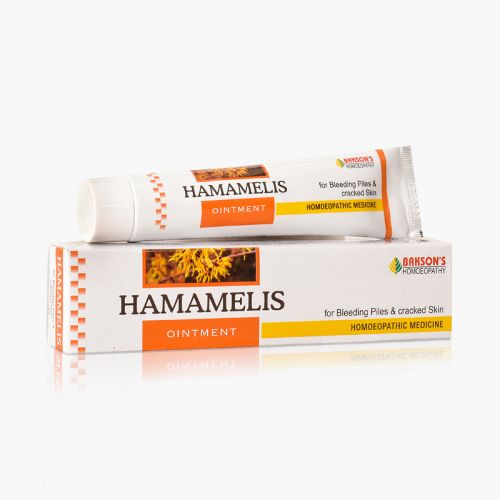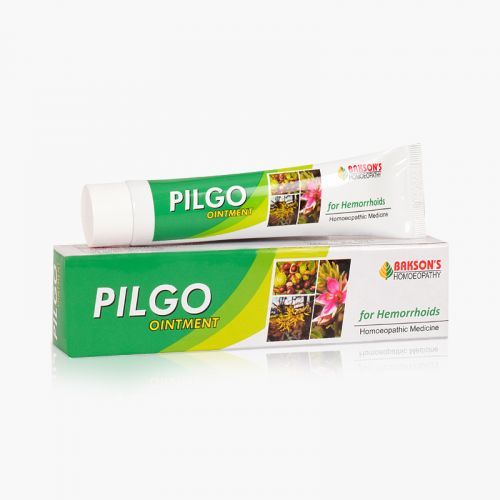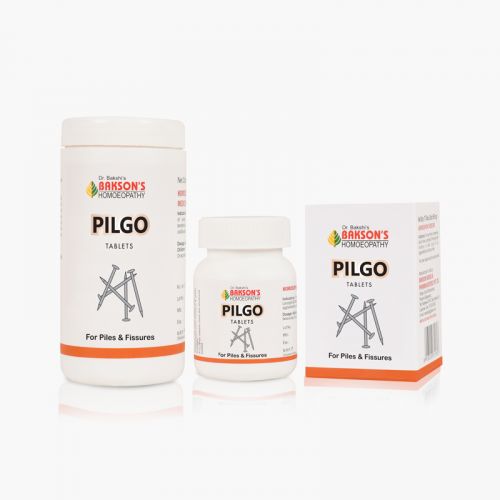We use cookies to make your experience better. To comply with the new e-Privacy directive, we need to ask for your consent to set the cookies. Learn more.
What is Rectal Bleeding?
Rectal bleeding, or hematochezia, is a frequently encountered problem in the outpatient setting. It can suggest a pathology in the proximal lower gastrointestinal tract but it can also be due to other rectal conditions.
The presentation may range from mild to severe depending upon the aetiology of the bleeding. It usually presents as a frank red blood exiting from the anus. It is just 40% of the patients that seek medical care for rectal bleeding. Also, the true incidence of rectal bleeding is still questionable due to the dearth of studies.
Aetiology
Rectal bleeding is mainly caused by pathology from the lower GI tract, which includes the small intestine beyond the duodenum, the colon, rectum, or anal canal. The causes of rectal bleeding can be-
- Inflammatory Bowel Disease: Chronic inflammation in the digestive tract, such as in ulcerative colitis and Crohn's disease, may present with rectal bleeding.
- Diverticular diseases: The blood vessels in the wall of pouches formed in diverticula become friable, making them susceptible to rupture, which can cause bleeding.
- Hemorrhoids: The blood vessels in the wall of these pouches become friable, making them susceptible to rupture, which can cause bleeding. Internal haemorrhoids cause painless bleeding.
- Anal fissure: It is a tear in the epithelial lining of the anal canal, which commonly occurs with constipation and the passage of hard stools. It presents with painful defecation with blood-streaked stools.
- Upper GI bleeding: It usually presents with black tarry stools because as the blood passes through the GIT, the secretions convert haemoglobin to acid hematin giving stools this characteristic colour. Examples of upper GI bleedings that may cause hematochezia include a Mallory Weiss tear, bleeding esophageal varices, or a perforated gastroduodenal artery.
- Colon cancer: This pathologic vasculature in cancer is extremely friable, which may lead to rectal bleeding, especially as the cancer progresses.
Sign and symptoms
Detailed history of the patient and physical examination is required to rule out different causes of rectal bleeding. Anal pain associated with defecation and blood-streaked stools point towards anal fistula.
Sudden change in the bowel habits with weight loss in old patients raise the possibility of malignancy.
Haemorrhoids present as bleeding with or without defection, swelling and mild discomfort or irritation. The sense of incomplete evacuation persists.
Diagnosis
Physical examination is required to establish the diagnosis clinically. In the case of lower GI bleeding, an abdominal examination must be undertaken to rule out any mass, distention. Perineum inspection must be carried out to rule out thrombosed vessels, prolapsing haemorrhoids and fissures.
Digital rectal examination is performed to assess for masses and internal haemorrhoids.
A complete blood count is recommended to assess the severity of bleeding. Endoscopy is the gold standard for investigating rectal bleeds.
General management
Conservative management is necessary along with pharmacological intervention. Consumption of high fibre diet is recommended to minimise the risk of constipation and hence straining while defecating. Increased fluid intake is also advised. Sitz bath helps to decrease pain, burning and itching followed by an episode of symptomatic haemorrhoids.
Warning: Above information provided is an overview of the disease, we strongly recommend a doctor's consultation to prevent further advancement of disease and/or development of complications.
Disclaimer: The information provided herein on request, is not to be taken as a replacement for medical advice or diagnosis or treatment of any medical condition. DO NOT SELF MEDICATE. PLEASE CONSULT YOUR PHYSICIAN FOR PROPER DIAGNOSIS AND PRESCRIPTION.
- #B 9 DROPSSpecial Price ₹ 160.00 Regular Price ₹ 200.00
-
- AC #7 TABLETS-40TABS₹ 100.00
- AC #7 TABLETS-75TABSSpecial Price ₹ 172.00 Regular Price ₹ 215.00
- ACIDUM NITRICUM 30₹ 100.00
- AESCULUS OINTMENT - 25 GM₹ 75.00
- ALOE SOCOTRINA 30₹ 100.00
-
- BCT # 17 (PILES)-250TABSpecial Price ₹ 84.00 Regular Price ₹ 105.00
- HAMAMELIS OINTMENT- 25 GM₹ 75.00
- PILGO OINTMENT - 25GM₹ 75.00
-

